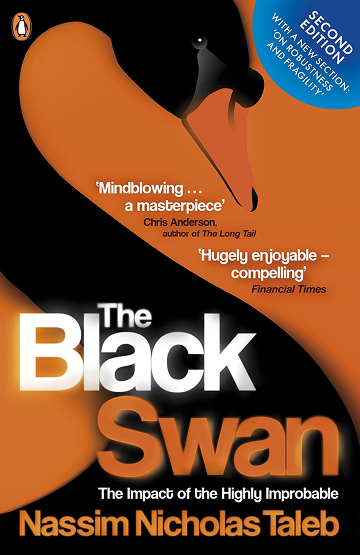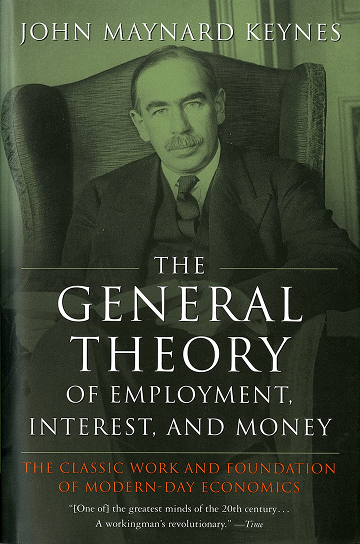Charles Koch Net Worth, Biography and Key Insights



Charles Koch’s Profile Summary
|
Company
|
Koch Industries |
|---|---|
|
Position
|
Chairman and CEO |
|
Source of wealth
|
Diversified Conglomerate |
|
Also known as
|
Industrialist |
|
Age
|
89 |
|
Education
|
Massachusetts Institute of Technology (MIT) |
|
Citizenship
|
USA |
|
Residence
|
Wichita, Kansas, USA |
|
Family
|
Married, two children |
|
Website, Social Media
|
https://www.kochinc.com/ |
Charles Koch’s biography
Charles Koch is an American billionaire businessman, industrialist, and philanthropist, best known as the chairman and CEO of Koch Industries, one of the largest privately held companies in the world. He was born on November 1, 1935, in Wichita, Kansas, to Fred Koch, the founder of Koch Industries, and Mary Robinson Koch. Koch Industries was initially a petroleum refining business, but under Charles’s leadership, it diversified into a multinational conglomerate involved in energy, chemicals, finance, agriculture, and consumer products.Charles earned a bachelor’s degree in general engineering and two master’s degrees in nuclear and chemical engineering from the Massachusetts Institute of Technology (MIT). In 1961, he joined Arthur D. Little, an engineering consulting firm, but soon returned to Wichita to work for his father’s company. He became president of Koch Industries in 1967 and has since grown the company’s revenue from $50 million to over $125 billion annually.
Koch Industries owns well-known brands like Brawny paper towels, Stainmaster carpets, and Dixie cups, and it is involved in oil refining, fertilizers, pulp and paper, and electronics. Charles Koch’s business philosophy, outlined in his book “Good Profit”, emphasizes free-market principles and innovation.
Beyond business, Charles Koch is a major political donor, supporting libertarian and conservative causes through organizations like Americans for Prosperity. He has been a strong advocate for deregulation and lower taxes, making him a controversial figure in American politics.
The Koch family is also deeply committed to philanthropy. Through the Charles Koch Foundation, they have donated billions to universities, research institutes, and social programs focused on education, criminal justice reform, and economic freedom.
Charles’s brother, David Koch, who passed away in 2019, was his longtime business partner. His children, Elizabeth, Chase, and Wyatt, are also involved in managing the family’s wealth and philanthropic endeavors.
-
How did Charles Koch make money?
Charles Koch’s wealth primarily stems from Koch Industries, a family business he transformed into one of the largest privately held companies in the world. The company was initially founded by his father, Fred Koch, as an oil refining and chemical business.
When Charles took over the leadership in 1967, Koch Industries generated around $180 million in annual revenue. Under his strategic direction, the company diversified its portfolio, acquiring businesses across various sectors, including energy, manufacturing, finance, and agriculture. Koch Industries now generates more than $125 billion in annual revenue and owns brands like Georgia-Pacific (paper products) and Invista (textiles).
One of the key strategies Charles employed to grow Koch Industries was reinvesting profits into innovation and acquisitions. He expanded the company’s reach into industries such as fertilizers, plastics, electronics, and even data analytics. His approach to management, known as Market-Based Management (MBM), emphasizes decentralized decision-making and a long-term focus on value creation.
Charles Koch’s wealth is deeply tied to his majority ownership in Koch Industries, which remains private, ensuring the family retains control. He has also been a significant political donor and philanthropist, funding educational and cultural institutions through the Charles Koch Foundation. -
What is Charles Koch net worth?
As of 2025, Charles Koch’s net worth is estimated to be $67.5 B.
What is Charles Koch also known as?
Charles Koch is widely recognized as one of the most influential business leaders in the U.S. He is known for expanding Koch Industries into a global powerhouse and for his contributions to libertarian causes through extensive philanthropic efforts.Prominent achievements of Charles Koch
Charles Koch transformed Koch Industries from a regional oil company into one of the largest private conglomerates in the world. He has been recognized for his contributions to business innovation and philanthropy, particularly in education and free-market initiatives.What are Charles Koch’s key insights?
Charles Koch’s philosophy is based on Market-Based Management (MBM), a business approach that focuses on creating long-term value by promoting entrepreneurship, innovation, and decentralized decision-making. He believes in reinvesting profits into sustainable business ventures.
Charles Koch’s personal life
Charles Koch is married to Liz Koch, and they have two children: Chase Koch and Elizabeth Koch. Chase Koch is actively involved in the family business, serving as the president of Koch Disruptive Technologies, an investment arm of Koch Industries. The family maintains a private life but is actively involved in philanthropic initiatives.
Useful insights
Understanding market forces
In my experience, to truly succeed as an investor, it’s essential to understand the driving forces behind market behavior. Market movements aren’t random—they’re influenced by a range of economic theories and dynamics. The following books provide valuable insights into these forces, offering a deeper understanding of how global financial markets operate and what shapes their trends.
-
Nassim Nicholas Taleb – "The Black Swan"

-
Summary:
Taleb explores the concept of rare, unpredictable events—so-called "Black Swans"—that can have massive impacts on markets and society. These events are often overlooked by traditional risk management models, leading to devastating consequences when they occur. Taleb illustrates how these unpredictable shocks shape our world, often more than gradual, expected changes.
-
Why read it:
This book challenges conventional thinking about risk and uncertainty, showing that many major historical and financial events were "Black Swans." It's a vital read for investors who want to build resilience in the face of market volatility.
-
-
John Maynard Keynes – "The General Theory of Employment, Interest, and Money"

-
Summary:
Keynes revolutionized economics by focusing on total demand within an economy and its effect on output and inflation. His theory suggested that government intervention could stabilize economic cycles through fiscal and monetary policy. The book also explains the consequences of under-consumption and the role of interest rates in managing economic stability.
-
Why read it:
For investors interested in macroeconomic trends and policy impacts, Keynes’ work is essential. Understanding the Keynesian framework can help investors predict how government actions might influence market performance.
-
Other profiles in category
Popular Financial Guides
Latest Financial News

Tariffs on SA exports endanger citrus auto, and wine sectors

South African Post Office gets R1.8 billion, not promised R3.8 billion































































































































